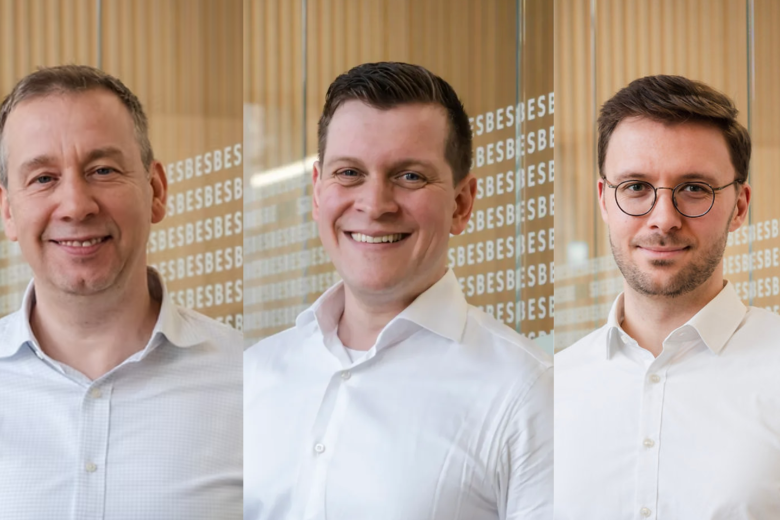Not doing so good, doing well
It was an eye-opening moment: a few years’ ago, I attended a huge conference on microfinance, together with one of my PhD students. In attendance at the conference was a nice mix of academics and practitioners. Our paper, presented by my PhD student, was about what has become known as ‘mission drift’: what happens when firms start to drift away from their original mission? Mission drift is especially interesting in markets where for-profit and not-for-profit firms compete, like healthcare, education … and microfinance. Why? Because in that case, mission drift can happen in two directions: from a pure for-profit start to a more mixed mission, and from a pure not-for-profit start towards the same middle.

From a societal perspective, mission drift does not have to be bad. One of the key aspects is what happens to the efficiency of the firm when it combines different objectives: in the case of microfinance (and many other sustainable finance areas), those objectives are impact and profit, respectively.
Of course, if a firm can do well by doing good, we have a blissful situation: it does not need incentives (subsidies, taxes, etc.) to do the right thing for society/stakeholders, but is driven towards minimizing its negative impact and maximizing its positive impact … because it is good for business.
There are examples of sectors where doing well by doing good has turned out to be an appropriate mantra. My colleagues Nils Kok and Piet Eichholtz famously co-authored a very nice paper with John Quigley entitled “Doing Well by Doing Good? Green Office Buildings.”
But what if doing well does not automatically mean doing good? And vice versa? What if the mantra is different, for example “practice what you preach,” not coincidentally the title of the paper my PhD student presented at that microfinance conference? That was exactly the question we received are my student’s presentation, from one of the most senior and influential microfinance policy makers in the room. Answering that question is not so easy, as it depends on how much you value impact and profits. It also depends on how much of one you are willing to trade off against the other.
That is hard. But it is also a reality, and we have to face that reality if we want to be successful in fighting climate change, poverty and inequality.
Our answer did not go down well in the room. Especially with the practitioners. I get that. If you have built a business (model) on the idea that you can do well by doing good, it is hard to hear that your business model is wasteful, and that your objectives can be reached more effectively in a different way.
As an economist, I like the idea of the natural, logical uptake of great business practices in a competitive market, without excessive regulation, stimuli, etc. Whenever we can achieve that, we can quickly change sectors, and make them more accountable, more inclusive and more responsible (if not always sustainable).
I think there is nothing wrong with striving for doing well by doing good. But only if we are willing to accept that in many cases, doing good means doing a bit less well. That is ok, it does not make you - or your business - less successful. In fact, it can be the proud consequences of practicing what you preach….
References
Bos, J.W.B., M. Millone (2015), "Practice what you preach: Microfinance business models and operational efficiency,” World Development, 70, 28-42.
Eichholtz, Piet, Nils Kok, and John M. Quigley. 2010. "Doing Well by Doing Good? Green Office Buildings." American Economic Review, 100 (5): 2492-2509.
Also read
-
Despite a less tight labour market no end to shortages in healthcare, education, and tech
Interesting new findings in the report 'The Labour Market by Education and Occupation until 2030' from the Research Centre for Education and the Labour Market (ROA) at Maastricht University.
-
Teacher Information Points at UM
UM faculties now host Teacher Information Points (TIPs) that offer local, “just-in-time” and on-demand support for teaching staff. The aim is simple: to provide help that is closely connected to day-to-day teaching practice.
-
Shaping the future of marketing: SBE scholars at the forefront of research and teaching
Three faculty members from SBE’s Department of Marketing & Supply Chain Management, Prof. Dr. Dominik Mahr, Dr. Jonas Heller, and Dr. Tim Hilken, combine cutting-edge research with innovative teaching and mentorship. From exploring the societal implications of digitalisation in courses such as...